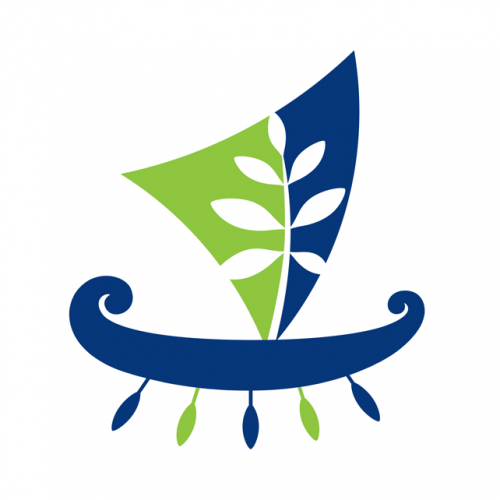
From the Tumaki's Table - Term 1, Week 8
Wellbeing is still a top priority at KSS.
As we are now well and truly into another school year we are still maintaining our focus on wellbeing. At the end of week six, the whole school showed care to each other as a group by traversing our maunga (mountain) and connecting with our local area.
This year we have continued our training with a programme called Pause, Breathe, Smile. This programme helps us build children's self-awareness, reflective skills and moments of calm throughout the day. Alongside this, we also use Zones of Regulation to help children identify and own their emotions throughout the day.
Socially and emotionally healthy children communicate well, attend to adults, and play well with peers. To achieve these important relationship-building and school-success skills, children need opportunities and support to learn behaviours such as listening, sharing, helping, and controlling their frustrations or anger when upset. These behaviours epitomize social-emotional learning (SEL).
SEL skills play an important role in improving academic skills. In fact, many researchers refer to social skills as the most important academic enabler! Classrooms are instructionally rich places to teach social-emotional skills because children have many opportunities to practice both verbal and nonverbal communication, initiate conversations, and respond to others.
During a 10 week block, all of the students at KSS will be working to improve their social skills. We will be using a program called the SSIS SEL Class-wide Intervention Program, a structured yet flexible and efficient way to integrate opportunities to teach 10 of the most important SEL skills to students. Some of the types of skills we will be working on are:
1. Listen to Others
2. Follow the Steps
3. Follow the Rules
4. Pay Attention to Your Work
5. Ask for Help
6. Take Turns When You Talk
7. Get Along with Others
8. Stay Calm with Others
9. Do the Right Thing
10. Do Nice Things for Others
We have also been implementing some new oral language teaching through a programme called Storyways. We use a storytelling based approach to help teach children literacy skills. This model is highly participatory and mirrors the creativity and modalities of learning the storytelling way. Our aim is to focus teaching on the essential prerequisites for effective oral and written communication and to see our school infused with the traditions of storytelling. Play-based learning, deepening understanding of self and others, and subject content are easily woven into a good Story Curriculum.
Not long now until the long weekend at easter!
Matua Mike
